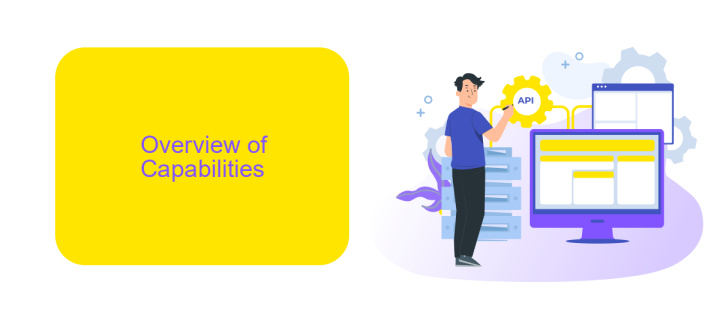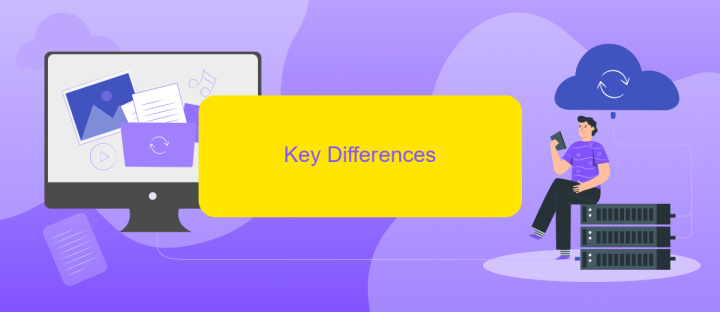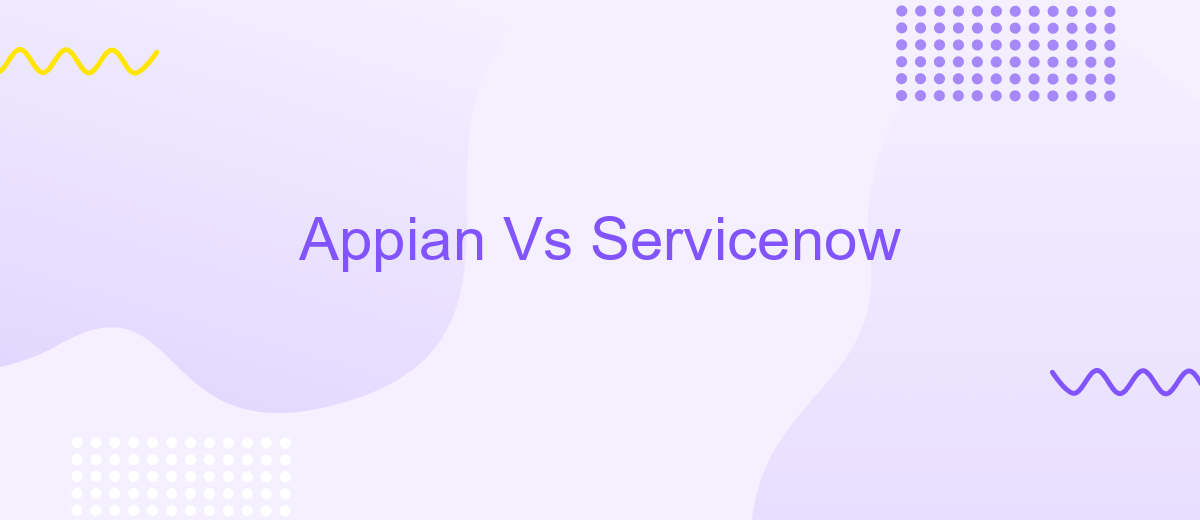Appian Vs Servicenow
When choosing between Appian and ServiceNow, businesses must consider various factors to determine which platform best suits their needs. Both are leading players in the realm of enterprise software, offering robust solutions for workflow automation, IT service management, and more. This article delves into the key features, benefits, and drawbacks of each, helping you make an informed decision.
Introduction
In the rapidly evolving landscape of business process management, choosing the right platform is crucial for operational efficiency and innovation. Two prominent players in this space are Appian and ServiceNow, each offering unique features and capabilities tailored to different organizational needs. Understanding the strengths and limitations of these platforms can significantly impact your decision-making process.
- Appian: Known for its low-code development environment, Appian allows businesses to quickly build and deploy enterprise-grade applications.
- ServiceNow: Renowned for its IT service management (ITSM) capabilities, ServiceNow also offers robust solutions for HR, customer service, and more.
- Integration: Both platforms support seamless integration with other systems. Tools like ApiX-Drive can facilitate these integrations, enhancing overall functionality.
As organizations strive to streamline their processes and improve service delivery, the choice between Appian and ServiceNow becomes a pivotal decision. By examining their core functionalities and integration capabilities, businesses can better align their technology stack with their strategic goals.
Overview of Capabilities

Appian and ServiceNow are both powerful platforms designed to enhance business operations through automation and integration. Appian excels in its low-code development environment, enabling rapid application building with minimal coding skills required. It offers robust process automation, case management, and business rules management, making it ideal for organizations seeking to streamline complex workflows. Additionally, Appian's user-friendly interface and pre-built templates help accelerate deployment and reduce time-to-market for new applications.
ServiceNow, on the other hand, is renowned for its comprehensive IT service management (ITSM) capabilities. It provides a unified platform for IT operations, service desk management, and incident resolution. ServiceNow also supports extensive integration options, allowing seamless connectivity with external systems through APIs and connectors. For businesses looking to enhance their integration capabilities, tools like ApiX-Drive can be leveraged to facilitate smooth and efficient data exchange between ServiceNow and other applications. Overall, both platforms offer unique strengths, catering to different business needs and operational goals.
Key Differences

Appian and ServiceNow are both powerful platforms, yet they cater to different needs and offer distinct functionalities. Understanding their key differences can help organizations choose the right tool for their specific requirements.
- Focus Areas: Appian primarily focuses on low-code automation and business process management (BPM), while ServiceNow excels in IT service management (ITSM) and IT operations management (ITOM).
- User Interface: Appian offers a highly customizable user interface that allows for extensive personalization, whereas ServiceNow provides a more standardized interface with a focus on IT workflows.
- Integration Capabilities: Both platforms offer robust integration options, but ServiceNow has a more extensive library of pre-built integrations. For custom integrations, services like ApiX-Drive can simplify the process for both platforms.
- Deployment Options: Appian supports both on-premises and cloud deployments, giving users flexibility, whereas ServiceNow is primarily a cloud-based solution.
- Target Users: Appian is suited for a broader range of industries seeking to automate complex processes, while ServiceNow is tailored more towards IT departments and service-oriented organizations.
By evaluating these key differences, organizations can better determine which platform aligns with their operational goals and technical needs, ensuring a more effective implementation and utilization of resources.
Customer Testimonials

Our customers have shared their experiences with both Appian and ServiceNow, highlighting the strengths and unique features of each platform. Many users have found Appian's low-code capabilities to be a game-changer in rapidly developing and deploying applications.
On the other hand, ServiceNow's comprehensive IT service management solutions have been praised for their ability to streamline operations and improve efficiency. Users appreciate the robust workflow automation and the extensive range of integrations available.
- "Appian has significantly reduced our development time, allowing us to focus more on innovation." - Jane D.
- "ServiceNow's ITSM capabilities have transformed our service delivery process." - Mark T.
- "With ApiX-Drive, integrating Appian with our existing systems was seamless and hassle-free." - Emily R.
- "ServiceNow's integration with other tools through ApiX-Drive has enhanced our operational efficiency." - Alex P.
Both platforms have their own unique advantages, and the choice between Appian and ServiceNow often depends on specific business needs. Whether it's rapid application development or comprehensive IT service management, our customers have found value in both solutions.
Conclusion
In conclusion, both Appian and ServiceNow offer robust solutions for businesses looking to streamline their operations and enhance workflow efficiency. Appian excels in its low-code development environment, making it an ideal choice for organizations seeking rapid application development with minimal coding expertise. On the other hand, ServiceNow provides a comprehensive IT service management platform that excels in automating and managing IT workflows, making it a strong contender for enterprises focused on IT operations.
When considering integration capabilities, tools like ApiX-Drive can significantly simplify the process, allowing seamless data exchange between Appian, ServiceNow, and other business applications. This integration flexibility ensures that organizations can leverage the strengths of both platforms to create a more cohesive and efficient operational ecosystem. Ultimately, the choice between Appian and ServiceNow will depend on your specific business needs, priorities, and existing infrastructure.
FAQ
What are the primary differences between Appian and ServiceNow?
Which platform is better for business process management (BPM)?
Can both Appian and ServiceNow be integrated with other systems?
Which platform is more suitable for IT service management (ITSM)?
How do the pricing models of Appian and ServiceNow compare?
Do you want to achieve your goals in business, career and life faster and better? Do it with ApiX-Drive – a tool that will remove a significant part of the routine from workflows and free up additional time to achieve your goals. Test the capabilities of Apix-Drive for free – see for yourself the effectiveness of the tool.

